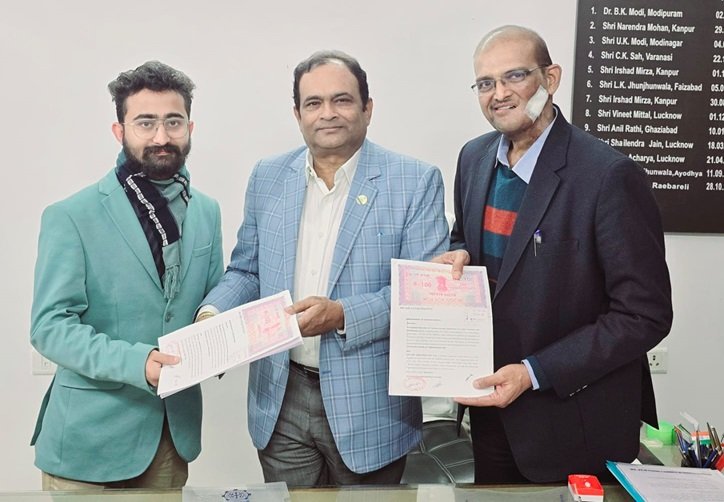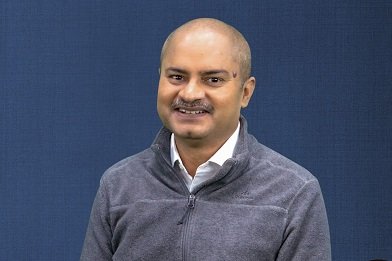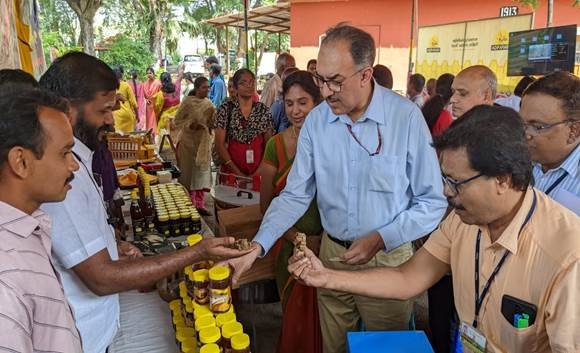By Ashok Prasad, Co-Founder, Unnati Agri
Amid the vast expanse of India’s agricultural landscape and its global stature as a key agricultural hub, the country has been grappling with substantial post-harvest losses. Boasting significant contributions to global outputs of jute, pulses, and milk, alongside securing the second spot in cultivating commodities like wheat, rice, and cotton, India’s agricultural feats shine bright. However, these accomplishments are cast under a shadow by the notable wastage that unfolds between harvest and consumption. In this era, defined by transformative technology, it’s only fitting to explore the potential of innovative strategies to tackle this pressing issue.
According to a recent study endorsed by the Indian government, the span between harvesting and consumption results in the loss of a significant 5-13 per cent of fruits and vegetables, along with approximately 3-7 per cent of crops encompassing oil seeds, and spices. This struggle is underscored by reports indicating that, despite a notable 23 per cent increase in grain production between fiscal year 2015 and 2023, the reduction in post-harvest losses for the same duration remains marginal, standing at less than one per cent. Amid the current scenario, the role of technological advancements becomes pivotal. Leveraging innovations in domains such as cold storage, transportation logistics, and precision farming, these technological strides can optimise supply chains, curtail spoilage, and elevate preservation methods. By efficiently managing surplus yields and minimising losses, these solutions hold the potential to safeguard food security, bolster the livelihoods of farmers, and foster a more ecologically balanced agricultural landscape.
There is an urgent need to embrace some path-breaking technologies which can be listed as follows:
Innovative Storage Solutions
Within the realm of agriculture, a persistent challenge has been managing post-harvest losses, particularly when it comes to preserving the quality of fruits and vegetables. As agricultural products make their journey from fields to marketplaces, significant wastage can occur due to suboptimal storage practices. However, a promising shift is underway, driven by the emergence of inventive storage solutions. These solutions leverage cutting-edge technologies to create carefully controlled environments that effectively prolong the freshness and viability of perishable produce. By closely monitoring factors like temperature, humidity, and gas composition, these storage techniques considerably curtail losses that typically arise during the transportation and storage phases. This shift carries profound implications for sustainable agriculture, reducing unnecessary food waste, bolstering food security and streamlining the overall supply chain.
Extracting Bioactive Ingredients from Fruits and Vegetables
When talking about technological developments, the crucial process of isolating bioactive compounds from fruits and vegetables has undergone a major evolution. This intricate procedure involves unlocking and concentrating the beneficial elements concealed within these natural resources, which have long been revered for their potential health advantages. Leveraging cutting-edge extraction methods, both researchers and industries can capture and amplify these bioactive components, crafting a diverse array of products that cater to a variety of health and wellness requirements. The integration of these extracts in dietary enhancements, functional consumables, beverages, and skincare formulations has paved the way for a more wholesome and ecologically conscious future, where nature’s essence is transformed into potent wellness-boosting solutions.
To read more click on : https://agrospectrumindia.com/e-magazine
By Ashok Prasad, Co-Founder, Unnati AgriAmid the




